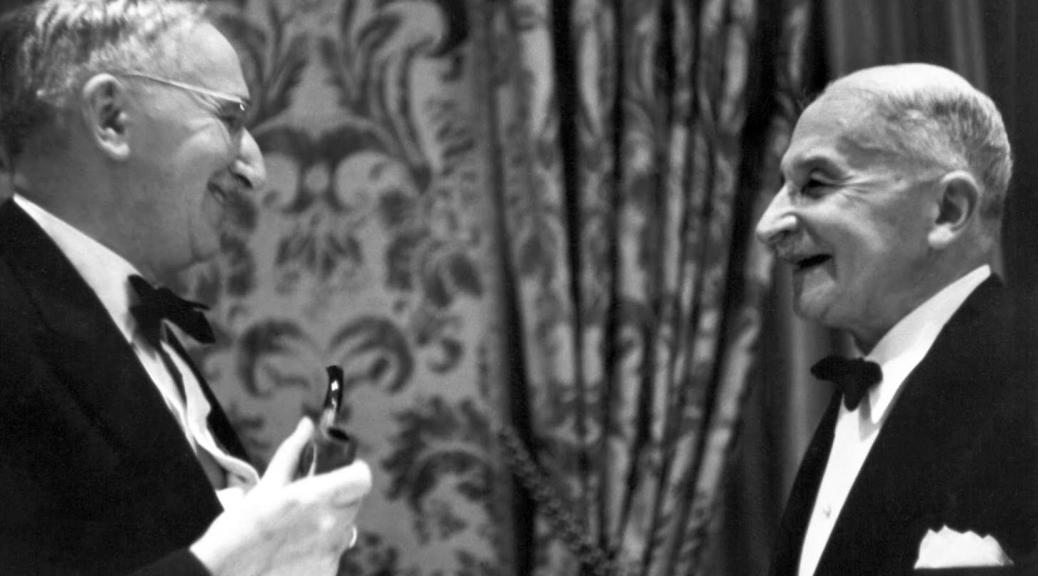
In this episode, Ash Navabi discusses whether the Austrian School of Economics is a cult and the value of mathematics in economic theory. Ash is an economics student at Ryerson University.
Ash wrote an article responding to recent criticisms of the Austrian school by Keynesian bloggers Noah Smith and Paul Krugman. Krugman approvingly referenced Smith’s attacks on the “hermetic system that is Austrians.” Just a week later he made the following telling comment about the economics mainstream:
“And modern academic economics is very much an interlocking set of old-boy networks; to some extent this has become even more true since the decline of the journals, with most discourse taking place via working papers long before formal publication. I used to refer to the international trade circuit as the floating crap game — the same 30 or 40 people meeting in conferences all over the world, reading and citing each others’ work; it’s the same in each sub-field. And to some extent it’s inevitable: there’s so much stuff out there, and you have to filter somehow, so you mainly read stuff by people you know and people they tell you are worth reading.”
Ash was quick to point out that, by the logic of the people who deride Austrian economists as “cultish” because they interact mainly with one another, each of the “old-boy networks” Paul Krugman refers to (that is, each sub-field of mainstream economics) must also be a cult.
Gary Becker, another Nobel Laureate, referred to the Austrian school as a cult in a letter to Walter Block. Becker’s definition of a cult was “a small number of dedicated followers who speak mainly to each other, and interact little with let us call them mainstream economists.” This definition is problematic, to say the least. When people hear the word “cult,” they don’t think of Becker’s dry definition but of animal sacrifice and mass suicide. The word “cult” also implies unquestioning devotion to the cult leaders, but modern Austrians frequently criticize Mises and Hayek, in highly un-cultish fashion.
Ash also wrote an article on mathematical economics versus so-called “literary” economics. John Cochrane recently referred to non-mathematical economics as “literary,” a mild slur that goes back at least as far as the 1940s when Mises responded to it in Human Action. The Austrian method is not “literary” in the sense of using airy prose and fuzzy logic, rather it uses a highly rigorous form of verbal logic to derive causal chains from the basic axioms of human action.
Mathematical economics forces economists to start their analyses from unrealistic assumptions in order to put all problems in mathematically tractable terms. However rigorous the mathematics itself is, the foundation is flawed so the conclusions are flawed.
Austrians conceive of economic theory as a descriptive science rather than a predictive one. That is, pure theory cannot tell you how the future will turn out, nor is a theory tested by its empirical predictions. An entrepreneur can have a true theory of how the economy works, and yet he can still make wrong predictions if he misjudges the actual factors at play.
Ash can be found online at the Mises Canada blog page.
Subscribe to Economics Detective Radio on iTunes or Stitcher.
The post The Austrian Cult and Mathematical Economics with Ash Navabi appeared first on The Economics Detective.
